Question And Answer
Publications
Articles, publications, books, tools and multimedia features from the U.S. Institute of Peace provide the latest news, analysis, research findings, practitioner guides and reports, all related to the conflict zones and issues that are at the center of the Institute’s work to prevent and reduce violent conflict.
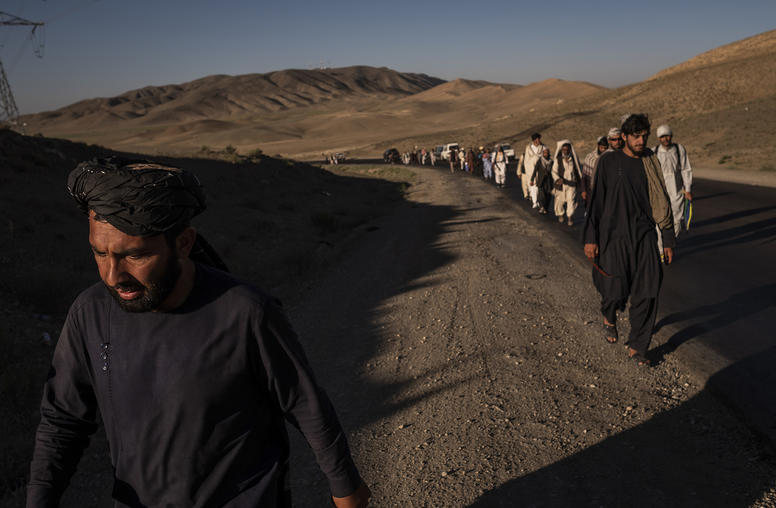
Afghan peace talks are damaged, but not yet broken.
President Trump’s weekend announcement of a halt to U.S. peace talks with Afghanistan’s Taliban—including a previously unannounced U.S. plan for a Camp David meeting to conclude that process—leaves the future of the Afghanistan peace process unclear. USIP’s Andrew Wilder, a longtime Afghanistan analyst, argues that, rather than declaring an end to the peace process, U.S. negotiators could use the setback as a moment to clarify the strategy, and then urgently get the peace process back on track before too much momentum is lost.
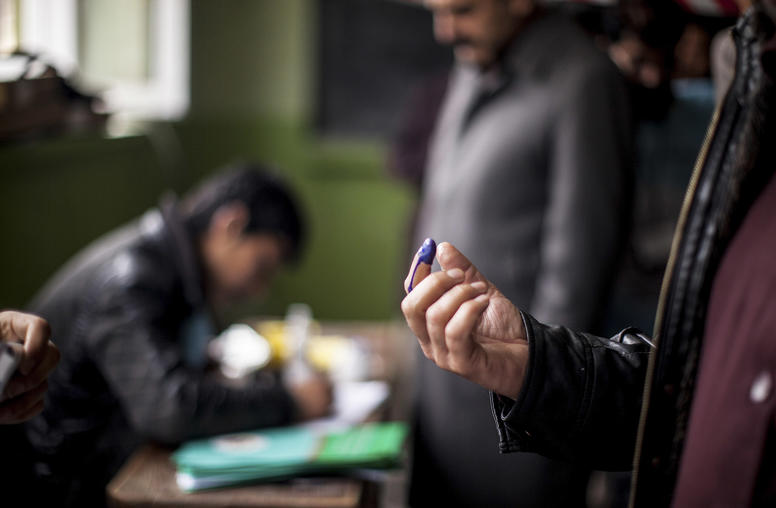
Walking a Fine Line: Holding Elections Amid Peace Processes
Elections that are organized amid a peace process can either destabilize or pacify a conflict. The vote can put significant pressure on a peace accord, as Colombia is experiencing today, or it can integrate formerly warring parties into the political process, as in Nepal’s 2008 Constituent Assembly elections. The timing of elections in relation to peace processes, as well as the inclusivity of the process itself, are critical in determining whether peace or conflict prevails at the polls.
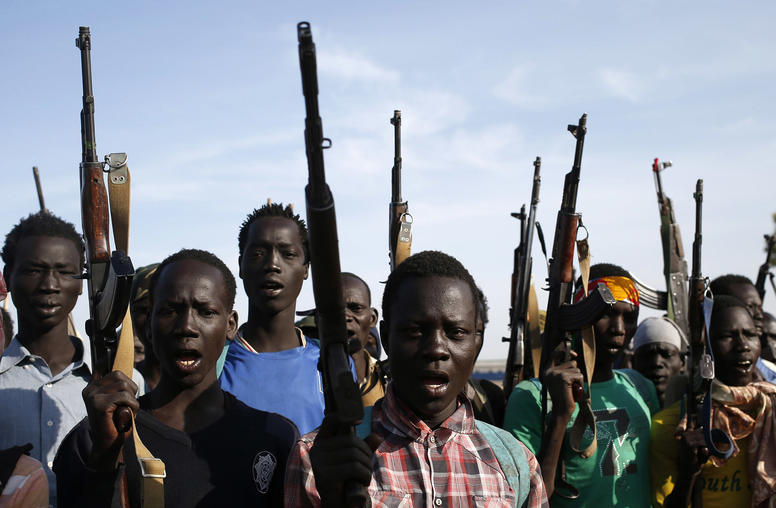
Ceasefire Monitoring in South Sudan 2014–2019: “A Very Ugly Mission”
More than five years after South Sudan’s first ceasefire agreement, ceasefire monitors are still on the ground. The hope was that their work would help overcome the mistrust between rival factions, halt ongoing violence, and deter further violations. Drawing on interviews with monitors, combatants, politicians, civil society representatives, diplomats, peacekeepers, and others, this report examines the history of ceasefire monitoring in South Sudan and offers recommendations for donors supporting future monitoring processes in South Sudan and elsewhere.

Scott Worden on a U.S.-Taliban Peace Deal
A peace agreement between the U.S. and Taliban is rumored to be imminent. But USIP’s Scott Worden says any deal would only be “the first step, the tip of the iceberg” for lasting peace in Afghanistan, as the conflict stems from political issues “that have been going on for about 40 years.”
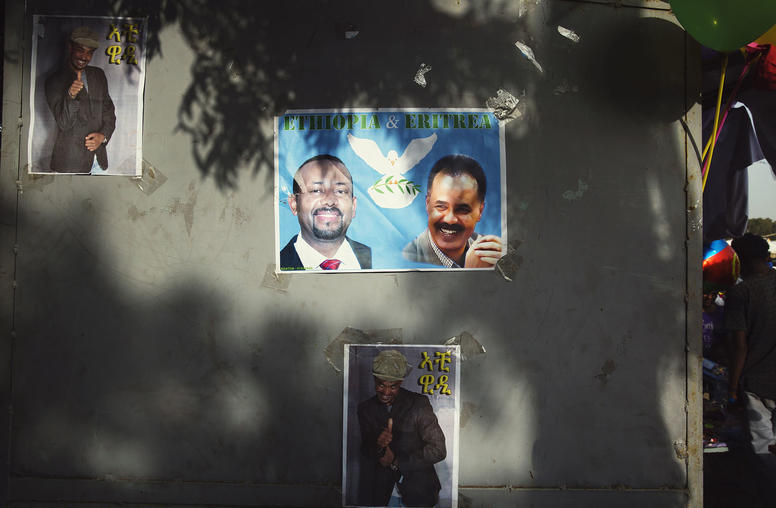
A Year After the Ethiopia-Eritrea Peace Deal, What Is the Impact?
Ethiopia and Eritrea signed a peace agreement just over a year ago to end two decades of a “frozen war.” The accord, which resolved a seemingly intractable border dispute after Ethiopian Prime Minister Abiy Ahmed took office and accepted an independent commission’s 2002 boundary decision, was greeted with tremendous optimism in both countries and by international observers.
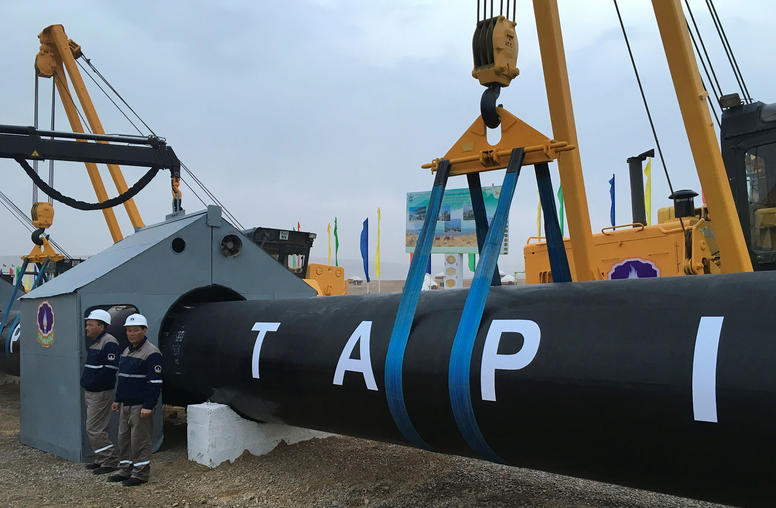
Central Asia’s Growing Role in Building Peace and Regional Connectivity with Afghanistan
In its 2017 strategy for South Asia, the Trump administration called on Pakistan to reduce support for the Taliban and encourage them to enter into peace negotiations. Yet as crucial as Pakistan will be to peace in Afghanistan, a similarly persuasive argument can be made for Afghanistan’s northern neighbors—the Central Asian republics of Kazakhstan, Kyrgyzstan, Tajikistan, Turkmenistan, and Uzbekistan. In this Special Report, Humayun Hamidzada and Richard Ponzio examine the vital economic and political roles these countries can play to support a just and lasting peace in Afghanistan and the region.
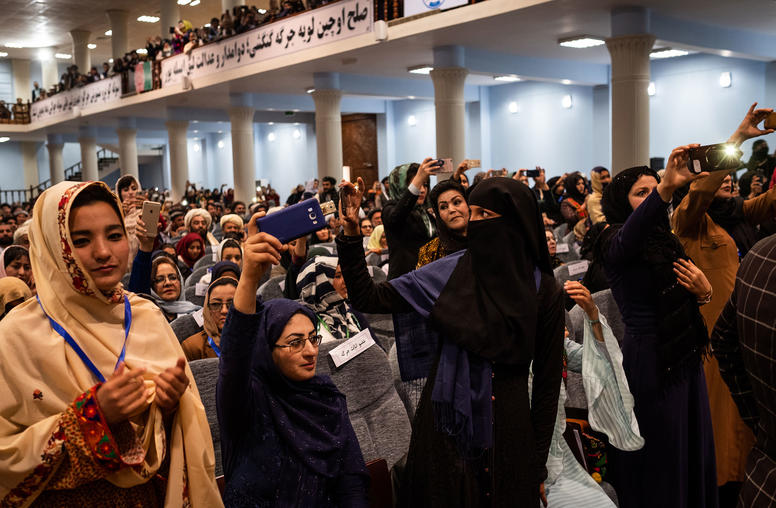
Afghans Want the Right Peace Deal, Not Just an End to Violence
Afghans are hopeful that a peace deal between the Taliban and the U.S. will bring them a step closer to the end of the country’s four decades of conflict. This protracted state of war has resulted in the loss of countless lives; mass displacement; and the destruction of infrastructure and the education and justice systems. Afghans will feel the consequences for generations to come.
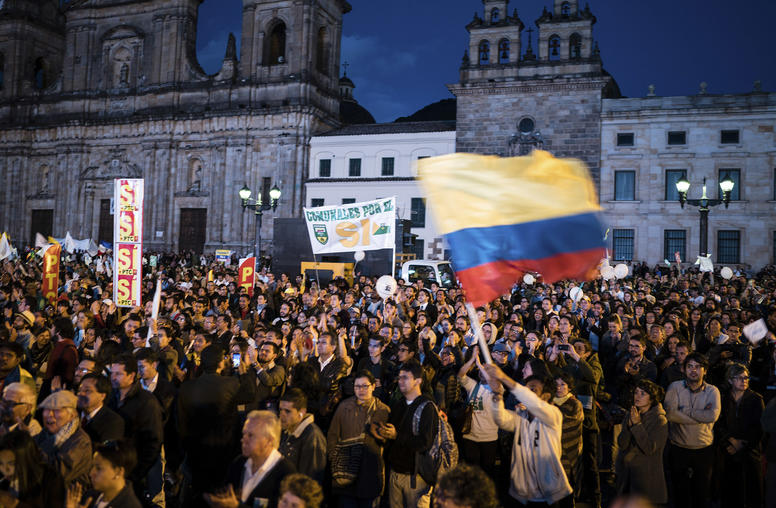
Colombians Rally Online in New Movement for Peace
It began with a few supporters of Colombia’s 2016 peace agreement meeting at a Bogota cultural center. That gathering, in January of this year, soon led to the creation of a WhatsApp group—a platform to discuss how to how to defend the interests of peace amid concerns about the policies of the new government. By mid-July, a spontaneous citizens movement of thousands of Colombian leaders was making its voice heard. Its objectives: to strengthen popular support for the previous government’s peace deal with the rebels of the Revolutionary Armed Forces of Colombia (FARC) and to support the peace process with the National Liberation Army (ELN).
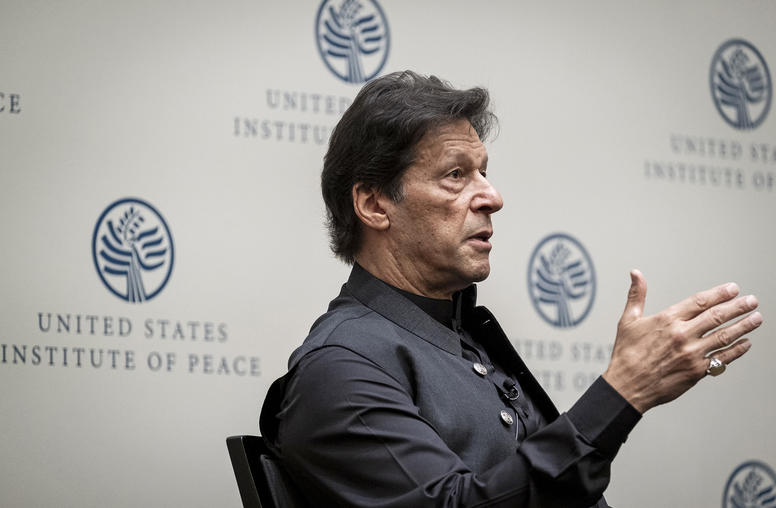
Pakistan’s Leader Vows to Press Afghan Taliban to Join Talks
Pakistan’s Prime Minister Imran Khan vowed to return home from his first official trip to Washington and meet leaders of the Afghan Taliban to persuade them to drop their rejection of peace talks that include the Afghan government. Khan spoke to an audience of U.S. policymakers, scholars and diplomats at the U.S. Institute of Peace following talks with President Trump in his first visit to the United States as prime minister. Khan discussed his meeting with Trump and hopes for an improved relationship with the United States, as well as Pakistan’s struggles with corruption and poverty, and relations with its neighbors.

Scott Smith on the Afghan Peace Process
Following unprecedented talks between Taliban and Afghan leaders this week, which have provided renewed hope for peace, the Taliban claimed credit for an attack in Ghanzi province. Scott Smith says Afghanistan is now exhibiting “one of the usual paradoxes of this stage of a peace process … where both parties, as they begin to talk more, they begin to fight more.”